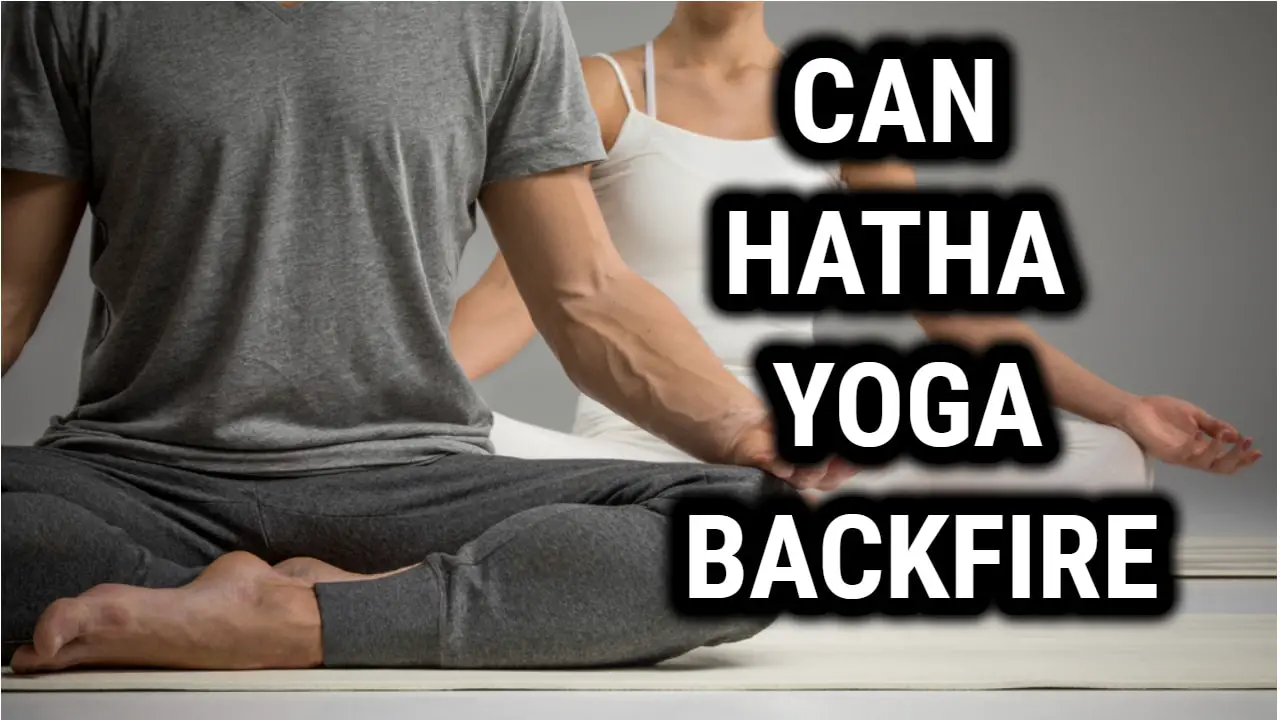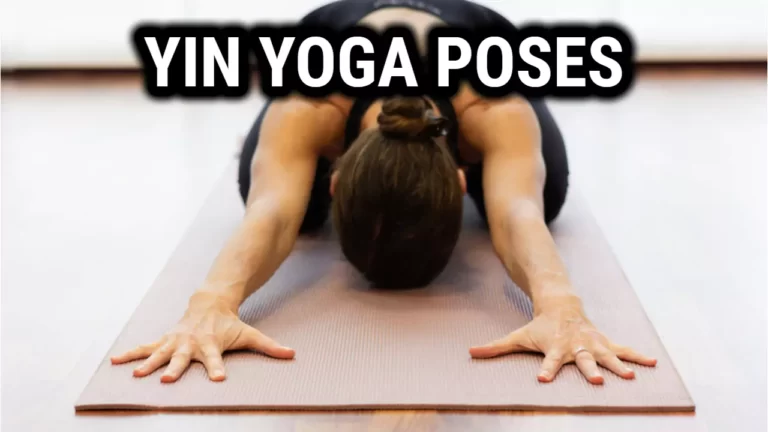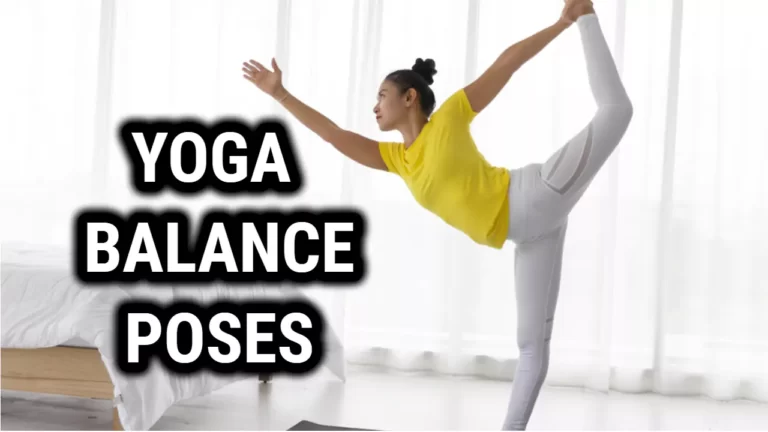Can Hatha Yoga Backfire If Done Carelessly?

Are you one of the millions of people who practice Hatha Yoga regularly? If so, you may think you know everything there is to know about this ancient practice. However, even experienced yogis can make mistakes, and those mistakes can have serious consequences. In this article, we’ll discuss the potential dangers of practicing Hatha Yoga carelessly, and provide you with tips for safe practice.
Understanding Hatha Yoga
Before we dive into the dangers of careless Hatha Yoga practice, let’s first define what Hatha Yoga is all about. Hatha Yoga is a type of Yoga that emphasizes physical postures (asanas) and breath control (pranayama). It originated in ancient India and has been practiced for thousands of years.
Hatha Yoga is different from other forms of Yoga, such as Kundalini or Vinyasa Yoga, in that it focuses more on physical postures than on spiritual or meditative practices. This makes it an ideal form of Yoga for beginners who are in search to improve their flexibility and strength.
The benefits of Hatha Yoga are numerous. It can aids in reduce stress, improve flexibility and balance, increase muscle tone, and improve overall health and well-being. However, to reap these benefits, it is important to practice Hatha Yoga correctly.
Reasons for Hatha Yoga Backfiring
Practicing Hatha Yoga carelessly can have serious consequences. Here are some of the common mistakes that people make when practicing Hatha Yoga, which can lead to negative outcomes.
Practicing Beyond One’s Capability
It’s important to know your limits when practicing Hatha Yoga. Pushing yourself too much can result in injuries, both physical and mental. For example, if you try to do a headstand without proper training, you could hurt your neck or spine. If you are forceful to your body getting into a posture that it’s not ready for, you could strain your muscles and ligaments.
Ignoring Pain and Discomfort
While it’s important to push yourself to improve, it’s also neccessary to listen to your body. If you feel pain or discomfort, it’s a sign that you need to back off. Ignoring pain can lead to serious injuries, such as torn muscles or ligaments. It can also result in mental and emotional distress, as you push yourself too hard and become discouraged.
Poor Alignment and Posture
Proper alignment and posture are crucial to safe Hatha Yoga practice. If you don’t align your body correctly, you can strain your muscles and ligaments, and put undue pressure on your joints. Poor posture can also lead to back pain and other chronic conditions.
Overemphasis on Physicality
While physical postures are an important aspect of Hatha Yoga, they are not the only aspect. Overemphasizing physicality can lead to a competitive mindset, where you push yourself too hard to achieve a certain pose or level of flexibility. This can result in injuries and mental distress.
Underqualified Instructors
Finally, practicing Hatha Yoga with an underqualified instructor can be dangerous. An inexperienced instructor may not know how to guide you through postures safely, or may push you too hard. Make sure you practice with a certified Hatha Yoga instructor who has experience working with students of all levels.
Negative Effects of Careless Hatha Yoga
Now that we’ve discussed some of the reasons why Hatha Yoga can backfire if done carelessly, let’s talk about the negative effects of such practices.
Physical Injuries
Physical injuries are the most obvious negative consequence of practicing Hatha Yoga carelessly. These can include strained muscles and ligaments, joint pain, and even more serious injuries like herniated discs. These kind of injuries can take weeks or even months to recover, and can set your practice back significantly.
As an example, I once strained my hamstring while attempting a challenging posture without proper preparation. This injury prevented me from practicing for several weeks and was a painful reminder of the importance of listening to my body.
Mental and Emotional Distress
In addition to physical injuries, practicing Hatha Yoga carelessly can also result in mental and emotional distress. Pushing yourself too hard can lead to feelings of frustration, disappointment, and even depression. This is especially true if you have unrealistic expectations for your practice or are comparing yourself to others.
I have personally experienced this type of distress when I became fixated on mastering a specific pose and was unable to achieve it. It was a humbling experience that reminded me of the importance of accepting my limitations and focusing on the present moment.
Spiritual Disconnect
Finally, practicing Hatha Yoga carelessly can lead to a spiritual disconnect. Yoga is not just a physical practice, but also a spiritual one. It can help connect you with your inner self and bring a sense of peace and calm to your life. However, if you focus too much on the physical aspects of the practice, you may miss out on these benefits.
For example, I once attended a Hatha Yoga class where the instructor placed too much emphasis on the physical postures and did not provide enough guidance on the breath and meditation aspects of the practice. I left the class feeling unfulfilled and disconnected from the spiritual side of Yoga.
Tips to Practice Hatha Yoga Safely
Now that we’ve discussed the potential dangers of practicing Hatha Yoga carelessly, let’s talk about some tips for safe practice.
Listening to Your Body
The most important thing you can do to practice Hatha Yoga safely is to listen to your body. Pay attention to any pain or discomfort, and back off if necessary. Remember that your body is unique, and what works for someone else may not work for you.
Practicing Under the Guidance of Qualified Instructors
It’s important to practice under the guidance of a qualified Hatha Yoga instructor. Look for an instructor who has been certified by a reputable Yoga organization and has experience working with students of all levels.
Focusing on Alignment and Breath Control
Proper alignment and breath control are crucial to safe Hatha Yoga practice. Make sure you understand the correct alignment for each posture and focus on your breath throughout your practice.
Avoiding a Competitive Mindset
It’s easy to get caught up in a competitive mindset when practicing Hatha Yoga. However, this can lead to injuries and mental distress. Remember that Yoga is a personal practice, and you should focus on your own progress rather than comparing yourself to others.
Using Props for Support
Props such as blocks, straps, and blankets can be incredibly helpful in supporting your practice. Don’t be afraid to use props to modify postures or provide extra support when needed.
Frequently Asked Questions
Can beginners practice Hatha Yoga?
Absolutely! Hatha Yoga is a great practice for beginners. However, it’s important to start with a beginner’s class and work your way up to more challenging postures as your practice develops.
Is it normal to feel sore after a Hatha Yoga class?
Yes, it’s common to feel sore after a Hatha Yoga class, especially if you’re new to the practice. However, if the soreness persists for more than a few days or is accompanied by sharp pain, it’s important to consult a doctor or qualified instructor.
Can Hatha Yoga help with anxiety and depression?
Yes, Hatha Yoga can be a great tool for managing anxiety and depression. The physical practice can help release tension and promote relaxation, while the breathwork and meditation aspects can help calm the mind.
What should I wear to a Hatha Yoga class?
Wear comfortable, stretchy clothing that allows you to move freely. Avoid clothing that is too loose or restrictive.
How often should I practice Hatha Yoga?
The frequency of your Hatha Yoga practice will depend on your individual needs and goals. However, it’s generally recommended to practice at least 2-3 times per week for best results.
Is it safe to practice Hatha Yoga with injuries?
It’s important to consult with a doctor and qualified Hatha Yoga instructor before practicing with injuries. Depending on the nature and severity of the injury, some postures may need to be modified or avoided altogether.
Can Hatha Yoga be practiced at home?
Yes, Hatha Yoga can be practiced at home with the help of online resources or instructional videos. However, it’s important to start with a beginner’s class and work your way up to more challenging postures as your practice develops. It’s also important to practice under the guidance of a qualified instructor whenever possible.
Conclusion
Hatha Yoga is a wonderful practice that can provide numerous physical, mental, and spiritual benefits. However, it’s important to practice Hatha Yoga safely, or you risk experiencing negative consequences.
Listening to your body, practicing under the guidance of qualified instructors, focusing on alignment and breath control, avoiding a competitive mindset, and using props for support, you can enjoy all the benefits of Hatha Yoga while minimizing the risks. Remember to always approach your practice with patience, kindness, and respect for your body, and you’ll reap the rewards for years to come.





